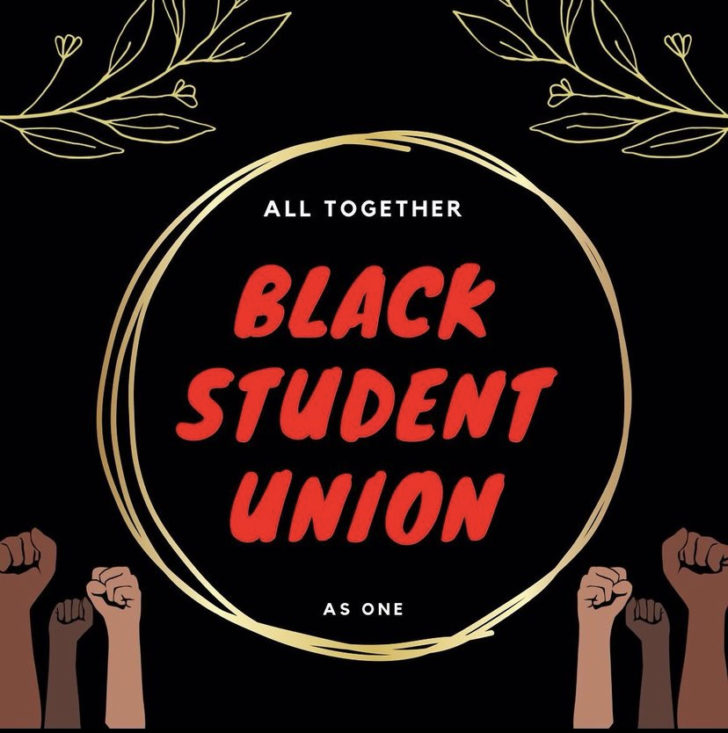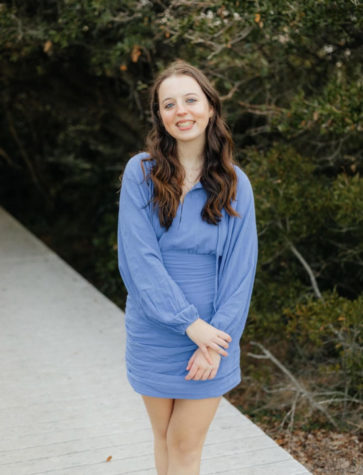PA’s first-ever Black Student Union
March 2, 2022
For senior and Black Student Union (BSU) president Lenari Cooper, the first BSU at PA is hoping to “strive and [work] to change the social norms at PA, as well as educate others on black culture.”
This is the first-ever BSU at PA, and is working as a place to offer a “space where the racial and social implications that enter our school can be addressed accordingly,” said junior BSU member Ure Emejuru.
The first official Black Student Union was founded at San Francisco State University in 1966, which was followed by a wave of BSU’s popping up around campuses across the country.
Black student unions developed after the Black Campus Movement in which students demanded and protested their rights for Black studies departments, a more diverse faculty, and as a whole, a more diverse and inclusive system of education for the Black community and experience.
Black student unions have evolved over the years, but the need for them has not wavered, as according to the PA’s BSU official Instagram page, this specific organization will “advocate the needs for students at PA and powering, teaching, discussing, and exploring the black experience.”
The goals of Black student unions differ depending on the place and needs within the community, but for PA one specific importance of the BSU is to acknowledge and raise awareness of the prevalent “lack of representation or accurate representation at PA,” according to Cooper.
Junior BSU member Amyna Ceville explained that “The main topic of change the BSU focuses on is creating a safe place for people of diverse backgrounds ethnicity, cultures (Black, Hispanic, Asian, and any other minorities), and to be more inclusive towards them.”
Often, “People try to dismiss the racial and economic disparities present at PA,” explained Emejuru. “As students who experience these things first hand, I believe the union is a great place to garner solutions, as well as give back to our community,” continued Emejuru.
“There is a diversity problem at PA, but I believe that the BSU is striving to close that gap between our fellow students and the staff as well,” said Ceville.
According to Ceville, another goal of the BSU is “To make a safe, inclusive, and open-minded environment for people to come and discuss their opinion on certain topics in today’s society.”
As president of the BSU, Cooper “does a little bit of everything,” and works to limit her committee members’ stress by “delegating roles and responsibilities.”
As a new club at PA, there have not been many events that the BSU has participated in yet, however in the future, “We would like to get comfortable enough where we have meaningful and deep discussions,” said Cooper.
A previous meeting included members of the Chinese Culture Club discussing the Feb. 1 Lunar New Year, which Cooper believes was “one of the best meetings we have had so far,” and in the future would “love other cultural groups to come and speak with us.”
The BSU also introduced a spirit week in mid-February to spread the work of the new organization and “culturally educate others,” said Cooper.
Emejuru hopes to “get the club involved in more community events and collaborate with the other BSU’s in VB.”
The BSU continues to grow in hopes to become a safe place for the Black community. In terms of definite plans in the future Cooper says, “There is a lot planned for BSU. That’s all I can say.”





